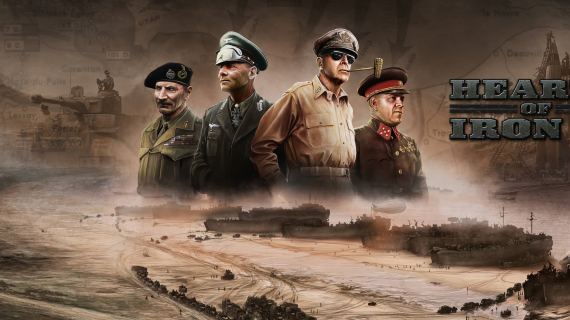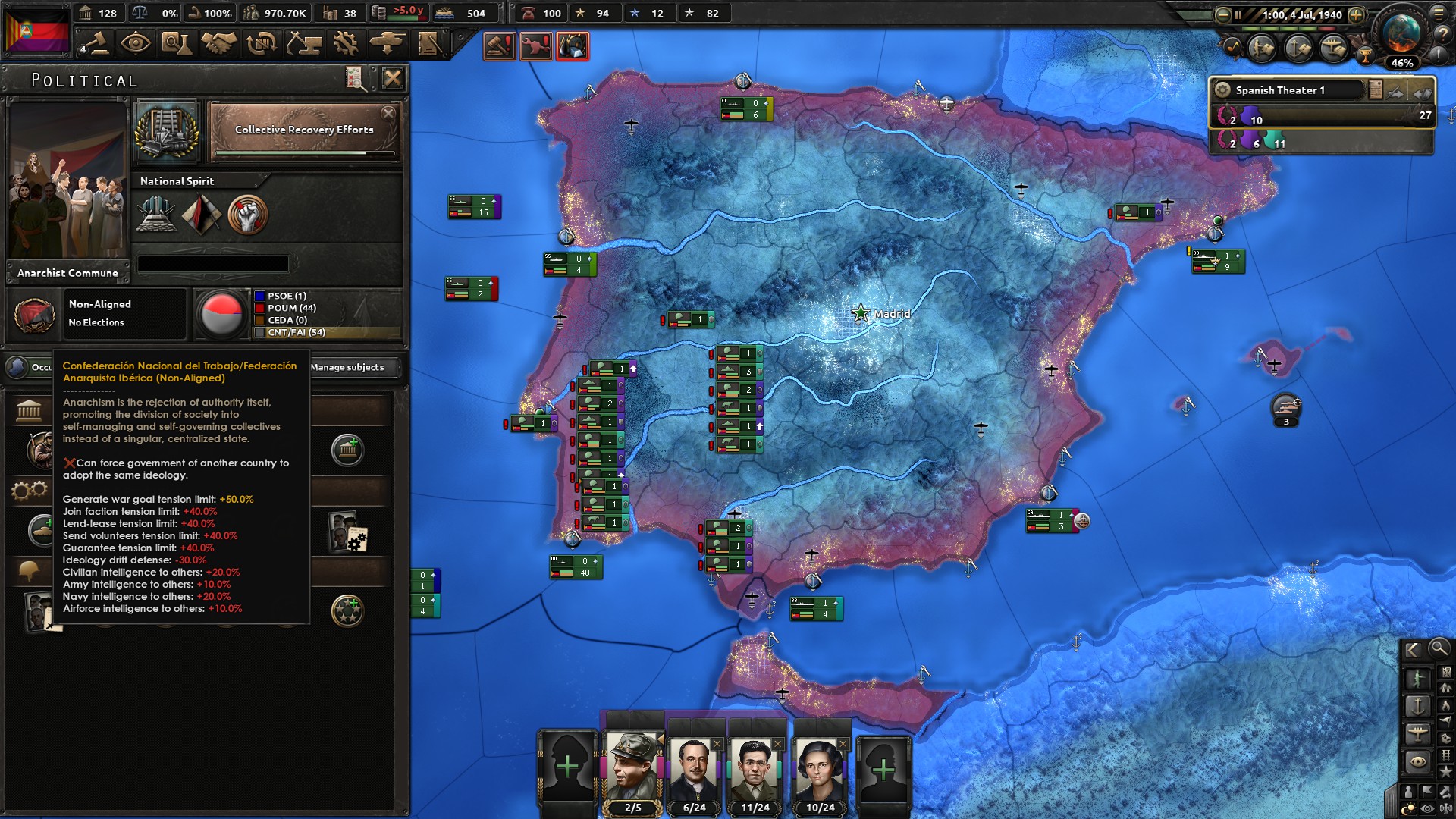

Combined with tactics, you really have a lot of control over what sort of army you want and how they conduct themselves. There are a staggering number of stats to sift through and optimise if you like that sort of thing. I get the complacency of post-WWI Europe, but it’s not a compelling game when there just don’t seem to be a lot of consequences.Īlong with planning, the makeup of your armies can get extremely detailed now, and you have tons of control in regards to composition of regiments and divisions.

It’s not just the Nazis playing as an ultra-aggressive Hungarian nation who gobbled up every nation not nailed down still could barely annoy any of the neighbours. If you became a land-grabbing maniac in the world of EU IV, especially somewhere as reactionary as central Europe, you could expect to friends to quickly sour on you and gigantic confederations to immediately rise to put you in your place. Actions never feel impactful because reactions to them are sluggish and small. The options you have to interact with other nations are boiled down to bare minimums, but it’s almost fine because the need to have more in-depth interactions is rendered unnecessary since the the sense of you existing in a semi-plausible, intertwined world just isn’t there. However, diplomacy is the most basic I’ve played of any of the Paradox games. It’s a bit clunky to use and somehow never quite looks like what you want, but it’s nice to have some agency in this department. Combat planning is strongly encouraged, as there are a number of tools used to create elaborate invasion strategies and movement schemes. This in of itself is fine, but as a balance, the trading system is now woefully simplistic in comparison to something like Europa Universalis IV. For example, you have extensive control of your nation’s manufacturing, and can dynamically control the flow of supplies and equipment available for deployment. You still have some freedom in what you do, but I noticed it’s all in the uninteresting aspects at the expense of more engaging options which are unceremoniously de-emphasised and stripped down. How you go about accomplishing this all relies on your management, but what exactly you spend time managing depends on which game you play: in Crusader Kings you manage the drama of lords and ladies, in Stellaris you wrestle with resources and policy, and Hearts of Iron you’ll be tinkering with your war machine.įrom the first whistle, me and this shift in focus started butting heads. In classic Paradox format, you once again take control of one of the nations of the big dance to leave your distinctive mark on both your nation’s progression and the fates of the countries around you, this time in the WWII era. Yet, at the core of Hearts of Iron IV, for the first time, I felt my ambitions caged in.īeing unacquainted with the Hearts of Iron franchise, the best frame of reference I have is Europa Universalis IV, and sadly that is not a favorable comparison for Hearts of Iron IV.

The game and the systems in place had rules but would not hinder your imagination too much. At the heart of Paradox Interactive titles is freedom.įreedom to give every lord in Italy syphilis, to conquer the known galaxy with an army of enslaved fungus, to kill every man, woman and baby that stands between you and the Hungarian throne.


 0 kommentar(er)
0 kommentar(er)
